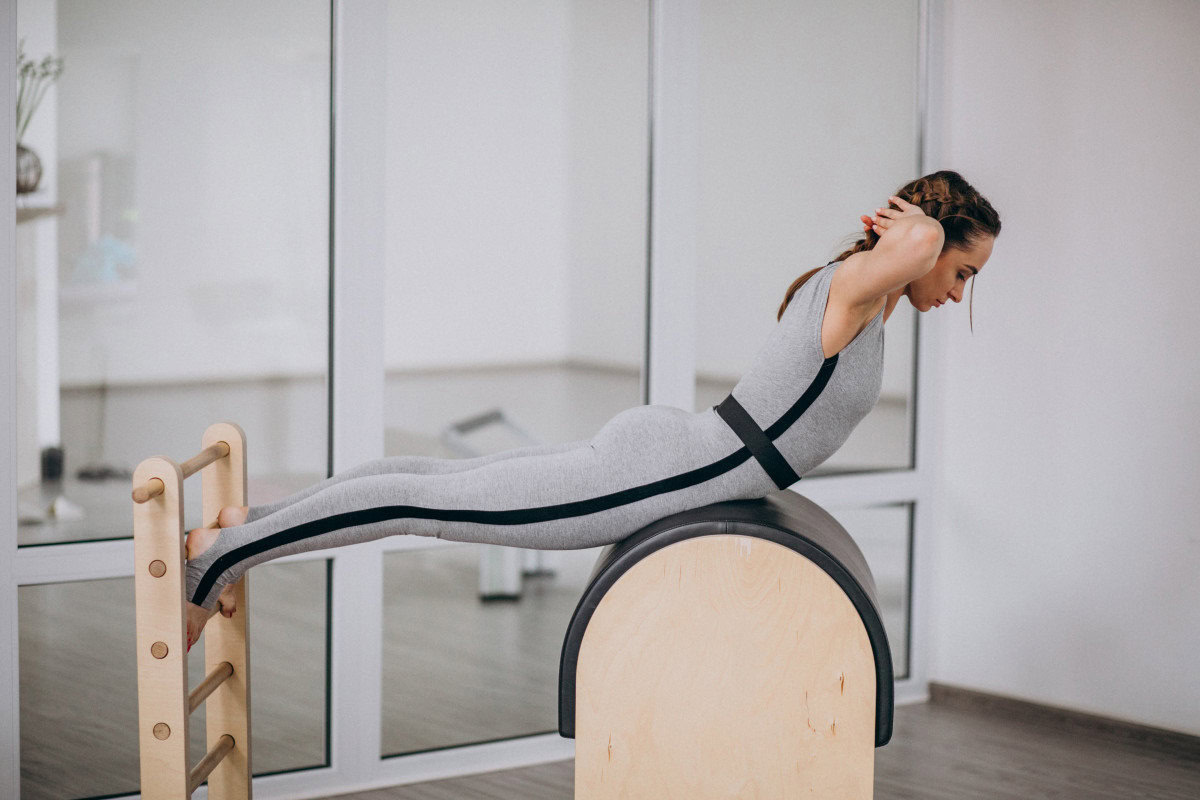Introduction
Pilates is a popular exercise method that has gained recognition for its holistic approach to fitness and well-being. Developed by Joseph Pilates in the early 20th century, this practice focuses on controlled movements, core strength, and flexibility. But what does science say about Pilates? In this article, we delve into the physical and mental benefits of Pilates, supported by scientific research, to help you understand why this exercise regime is so effective.
1. The Core Principles of Pilates:
- Control: Emphasizes precise and controlled movements.
- Concentration: Focuses on mind-body connection.
- Centering: Strengthens the core muscles.
- Flow: Promotes smooth and fluid motion.
- Breath: Integrates breathing with movement.
- Precision: Ensures accuracy in each exercise.
2. Physical Benefits of Pilates:
- Core Strength and Stability: Pilates is renowned for its emphasis on the core, which includes the abdominal muscles, lower back, hips, and buttocks. Strengthening these muscles improves overall stability and posture. Research shows that Pilates significantly enhances core strength, leading to better balance and reduced risk of injuries.
- Flexibility: Regular Pilates practice increases flexibility by stretching and lengthening muscles. A study published in the Journal of Sports Medicine and Physical Fitness found that participants who practiced Pilates experienced significant improvements in flexibility.
- Posture Improvement: Poor posture can lead to various health issues, including back pain and decreased mobility. Pilates promotes proper alignment and body mechanics, which can correct postural imbalances. Evidence suggests that Pilates training can improve postural alignment and reduce chronic pain.
- Muscle Tone: Pilates exercises target multiple muscle groups simultaneously, leading to toned and lean muscles without adding bulk. Studies indicate that Pilates helps in muscle toning and endurance, especially in the abdominal and lower back regions.
- Enhanced Athletic Performance: Athletes use Pilates to improve their performance by increasing strength, flexibility, and coordination. Research has shown that Pilates can enhance functional movement and athletic performance, making it a valuable cross-training tool.
3. Mental Benefits of Pilates:
- Stress Reduction: The mindful aspect of Pilates, combined with controlled breathing, helps reduce stress and promote relaxation. A study in the International Journal of Stress Management found that individuals practicing Pilates reported lower levels of stress and anxiety.
- Improved Focus and Concentration: Pilates requires concentration and precision, which enhances mental clarity and focus. This mind-body connection can translate to improved cognitive function in daily activities.
- Enhanced Mood: Physical activity, including Pilates, stimulates the release of endorphins, the body’s natural mood lifters. Research indicates that regular Pilates practice can lead to better mood and overall psychological well-being.
- Mindfulness and Self-Awareness: Pilates encourages a deeper connection with your body, fostering mindfulness and self-awareness. This can help individuals become more attuned to their physical and emotional states, leading to better self-care.
4. Scientific Studies Supporting Pilates Benefits:
- Core Strength and Stability: A study published in the Journal of Bodywork and Movement Therapies showed significant improvements in core strength and stability among participants who practiced Pilates regularly.
- Flexibility and Muscle Strength: Research in the Archives of Physical Medicine and Rehabilitation found that Pilates improves flexibility and muscle strength, particularly in the lower body.
- Chronic Pain Relief: A study in the Journal of Orthopedic & Sports Physical Therapy found that Pilates can effectively reduce chronic lower back pain and improve functional movement.
- Mental Health: The Journal of Psychiatric Research published findings indicating that Pilates has a positive impact on mental health, reducing symptoms of depression and anxiety.
5. Practical Tips for Starting Pilates:
- Consult a Professional: Before starting any new exercise program, consult with a healthcare provider or certified Pilates instructor to ensure it’s appropriate for your fitness level and health conditions.
- Start Slow: Begin with beginner-level classes or exercises to learn the basics and build a strong foundation.
- Focus on Form: Pay close attention to form and technique to maximize benefits and reduce the risk of injury.
- Consistency is Key: Aim for regular practice, at least 2-3 times a week, to experience the full benefits of Pilates.
- Combine with Other Activities: Integrate Pilates with other forms of exercise, such as cardio and strength training, for a well-rounded fitness routine.
Conclusion
Pilates offers a wide range of physical and mental benefits, supported by scientific research. From improving core strength and flexibility to enhancing mental well-being and reducing stress, Pilates is a holistic approach to health and fitness. Whether you’re a beginner or an experienced practitioner, incorporating Pilates into your routine can lead to significant improvements in your overall quality of life. Start your Pilates journey today and unlock the transformative power of this remarkable exercise method.
Discover more from Pilates All Ages
Subscribe to get the latest posts sent to your email.
